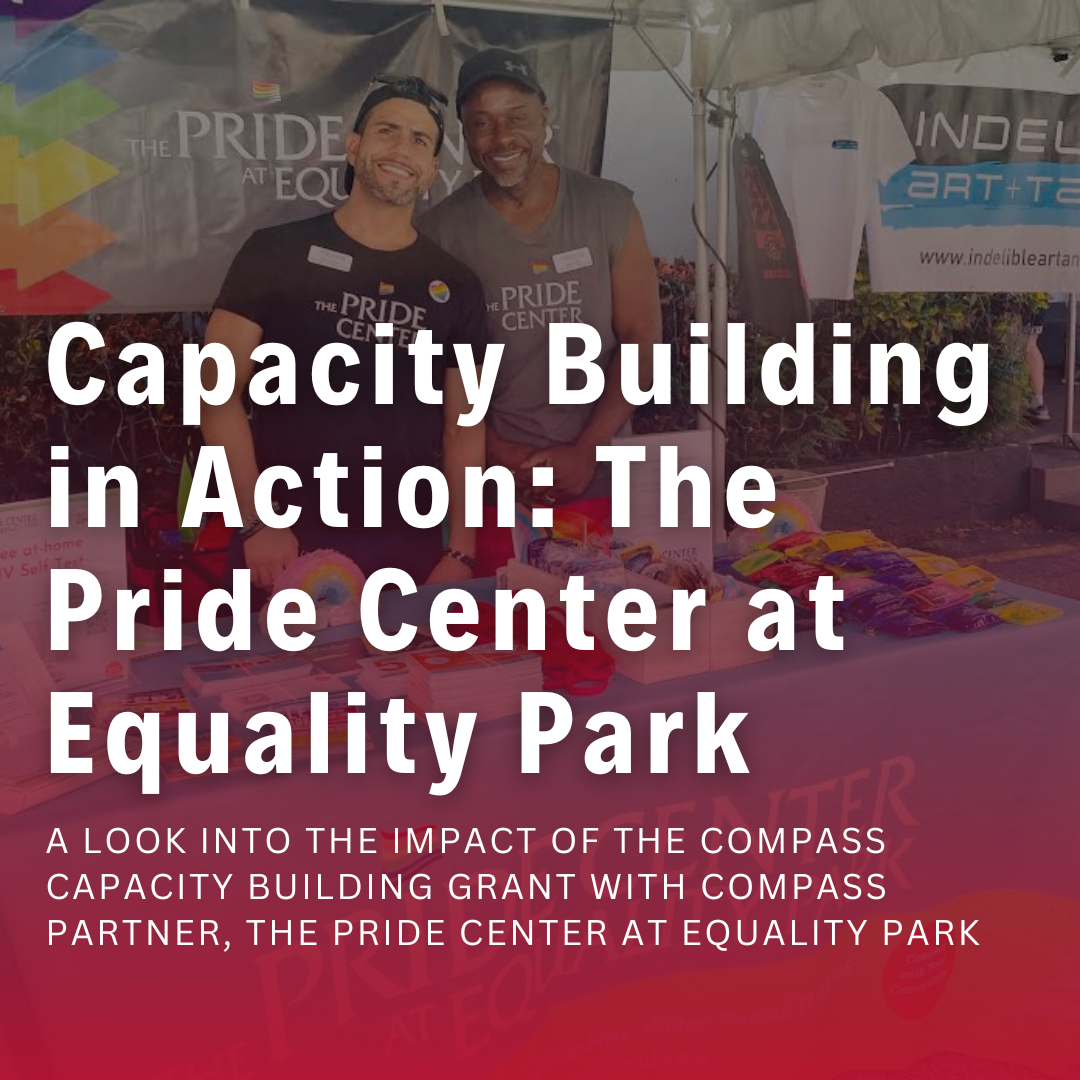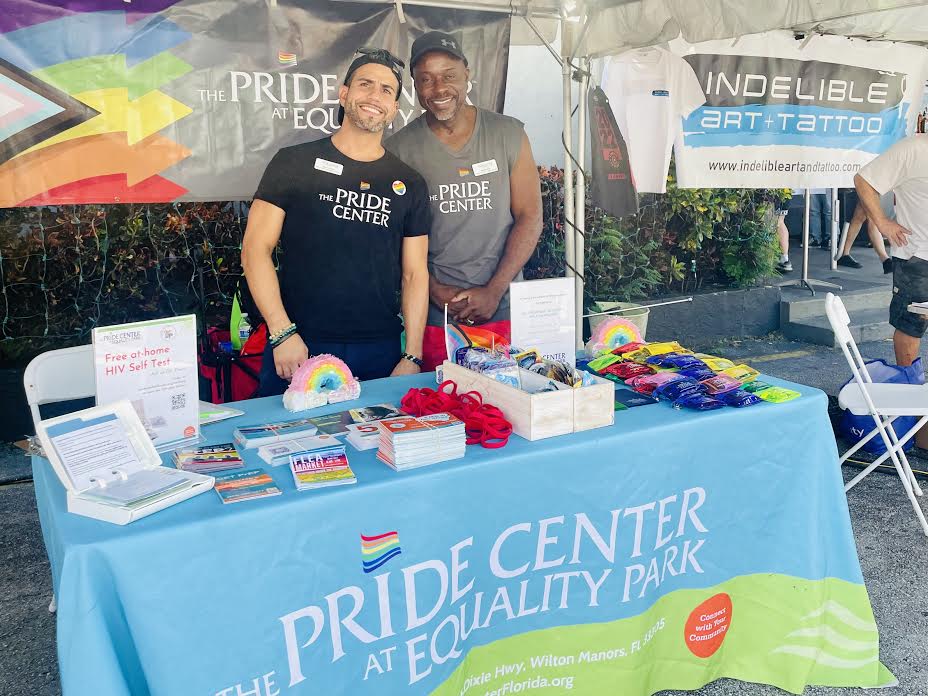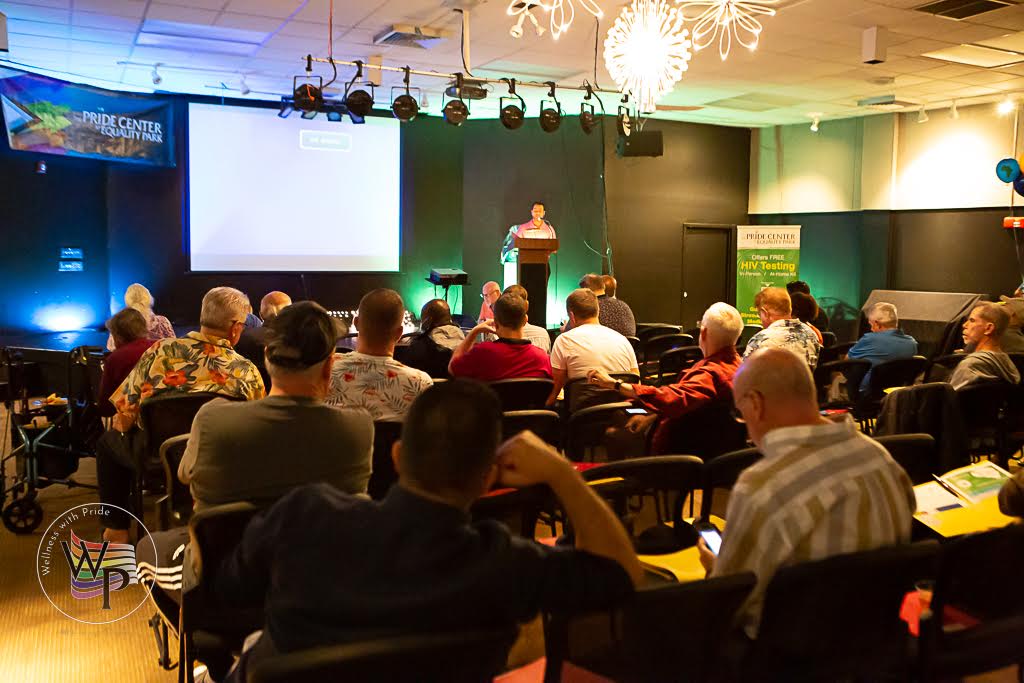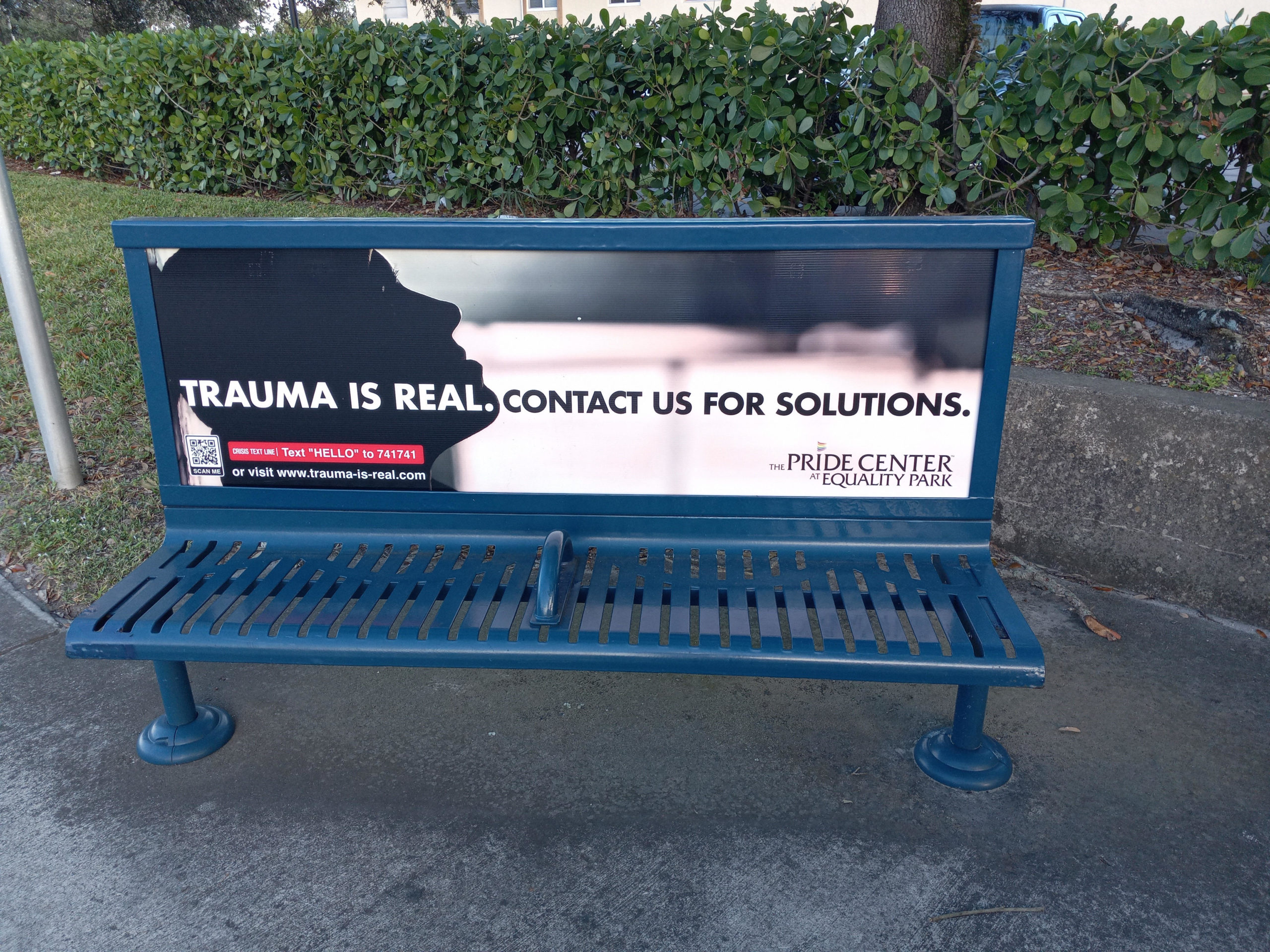Q&A with COMPASS Coordinating Center Directors
Our first contributors need no introduction. Well-known in their respective fields, Patrick Sullivan, PhD, DVM, Nic Carlisle, JD, and Samira

by Haneen Elfaki
Non-profits are essential organizations that rely heavily on volunteers, donations, and grants to continue their work in the community. However, an often-overlooked factor in the success of these organizations is their ability to engage in capacity building. Capacity building is the process of strengthening an organization’s ability to achieve its goals. This can include training staff, investing in technology, and building relationships with other organizations and the community.
Capacity building for non-profits helps them become more efficient and effective in their work. By investing in training and technology, staff can become more knowledgeable about their organization’s mission and more productive in their work. Building relationships with other organizations and the community can help non-profits gain more exposure and support, as well as access to resources they may not have otherwise. Through COMPASS’ capacity building grant, many organizations have benefited from the additional support and technical assistance for their organizations; therefore, allowing for improved processes that helps them continue impactful work in their communities and joining COMPASS in the combined efforts to combat HIV/AIDS in the South. The Pride Center at Equality Park shares just how impactful the capacity building grant was on their organization.

The Pride Center at Equality Park is a large LGBTQ+ Community Center that has been serving the South Florida community for 30 years. They serve a very diverse community of racial and ethnic backgrounds, gay, bisexual and same gender loving individuals, people of transgender and non-binary experience, and persons with HIV/AIDS. In the US, the LGBTQ+ community has been exposed to alarmingly high levels of identity-based traumatic stress due to sexual and gender identity bias, discrimination and hate crimes. The Pride Center recognizes that to make a shift in systemic and institutionalized discrimination, organizations must change and evolve to meet the needs of a very vulnerable population.
In an effort to evolve and meet the needs of those they serve, the Pride Center staff attend regular training courses to increase skills and knowledge. Some of those trainings include diversity, equity, and inclusion trainings for all staff in an effort to make a stronger organizational shift toward racial justice. The Capacity Building Grant helped the organization build on that momentum by offering their risk counselors advanced skills in a CDC-led Motivational Interviewing training and offering the entire staff Trauma Informed Care training.

By the end of the grant period, the Center had 10 risk counselors trained in both basic and intermediate-level motivational interviewing; all staff members participated in 10 hours of Trauma-Informed Care training. In addition, the Center took the opportunity to use some of the funds to have their organizational chart, employee handbook, and client level documents reviewed to ensure that they were in compliance with the Trauma-Informed Care model.
The skills and knowledge from these trainings greatly improve the ability of their staff to provide stronger counseling and supportive services to the community. These enhanced skills permit the staff to make informed decisions and participate in open conversations when working with the community, therefore creating a safe space for community members to receive assistance and support. Moreover, additional funds from the grant were used to launch a trauma campaign in the community on public benches and bus stop shelters with resources for those experiencing trauma in the South Florida community.

The Pride Center leadership is committed to continued staff training and development as part of the overall capacity building strategic plan. They are in the early stages of moving towards a trauma-informed care organization and additional staff trainings will be essential for this transition. Overall, capacity building is essential for non-profits to be successful in their work. Investing in additional staff trainings and relationships with professional consultants can help non-profit organizations become more efficient and effective, and ultimately make a greater impact in the community.
The COMPASS 2023 Capacity Building Grants are now open for applications if your organization is interested in strengthening and expanding your nonprofit. Click here for the application
Our first contributors need no introduction. Well-known in their respective fields, Patrick Sullivan, PhD, DVM, Nic Carlisle, JD, and Samira
Column By: Tiffany Smith Tiffany lives in Atlanta, GA and works with the Emory COMPASS Coordinating Center. She previously worked
Column By: Tiffany Smith Tiffany lives in Atlanta, GA and works with the Emory COMPASS Coordinating Center. She previously worked
Emory University COMPASS Coordinating Center is excited to announce a monthly webinar series geared towards building the organizational capacity of
©2025 Emory University, Inc. All rights reserved.
When you click this link, you will be directed to an external webpage hosted by LearnUpon LMS.
Kindly note that registration is required, and it’s entirely free of charge.
To access the learning modules, you will need to create a new login, as this platform operates independently and is not affiliated or connected with OpenWater or any other platforms used by the Gilead COMPASS Initiative®.